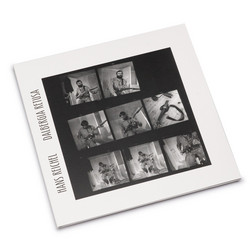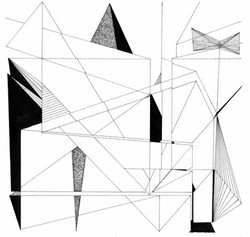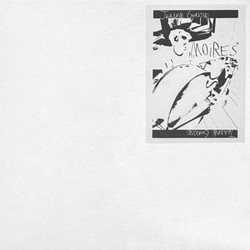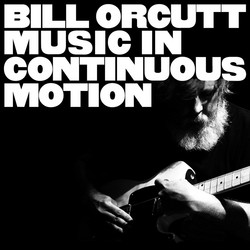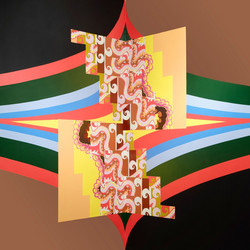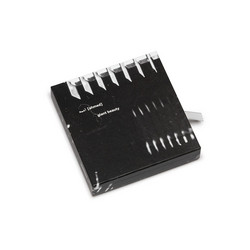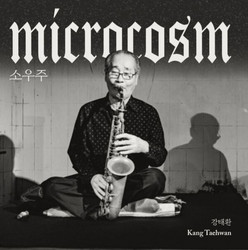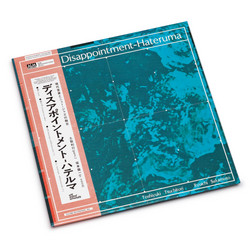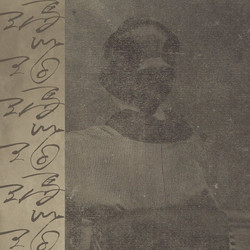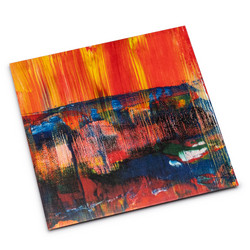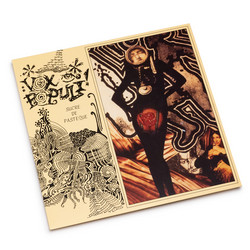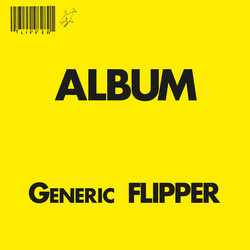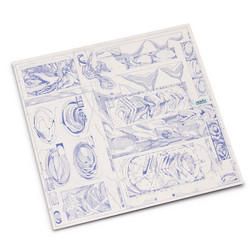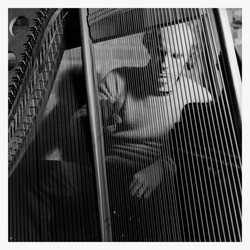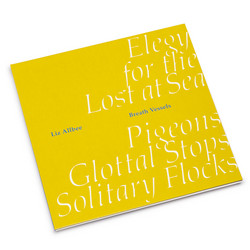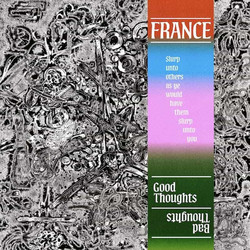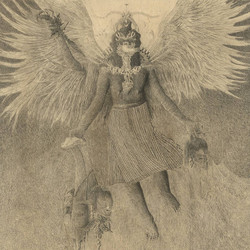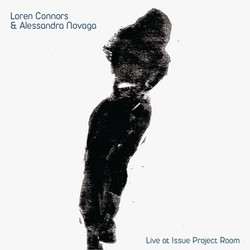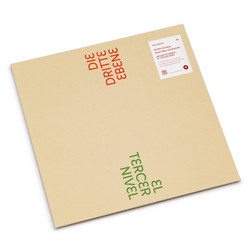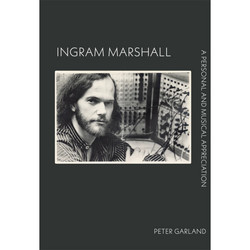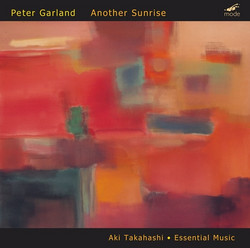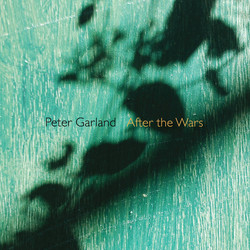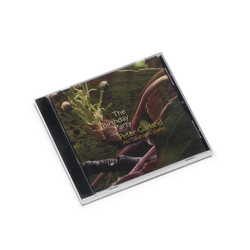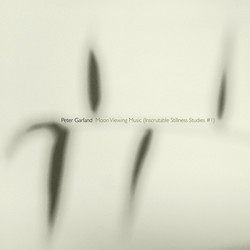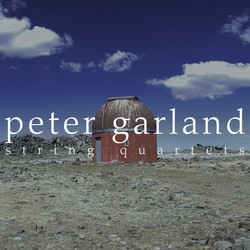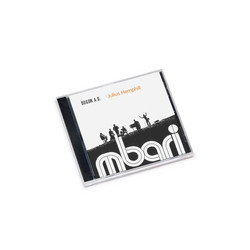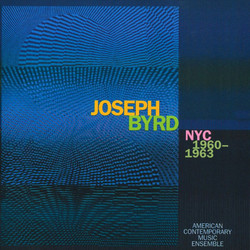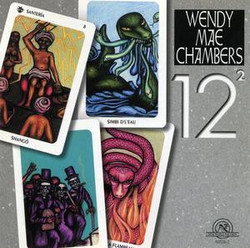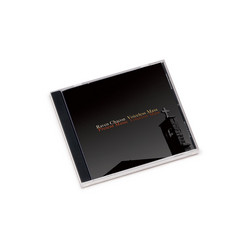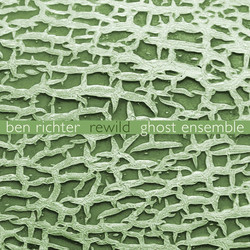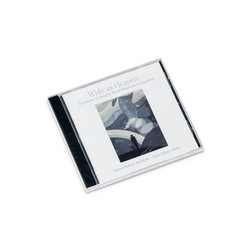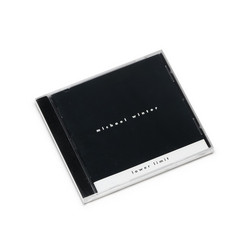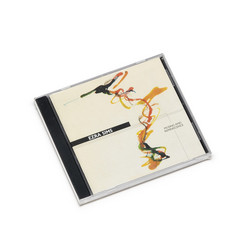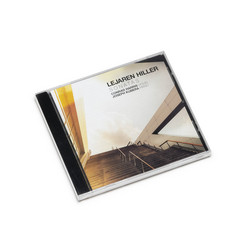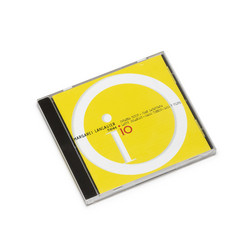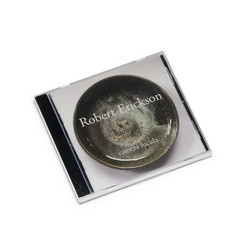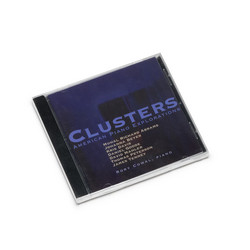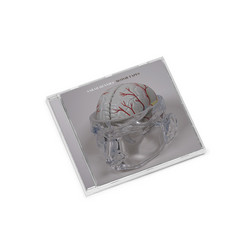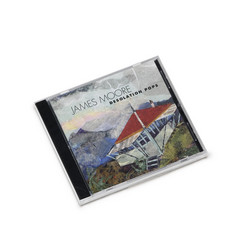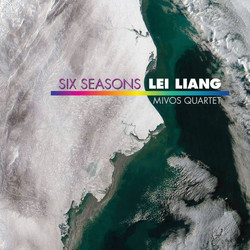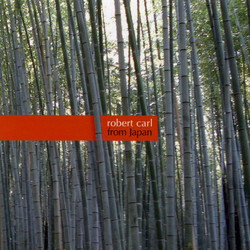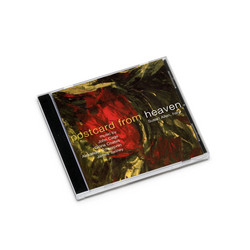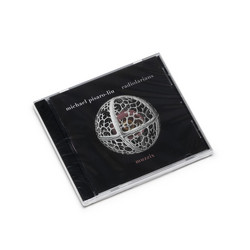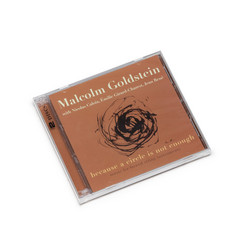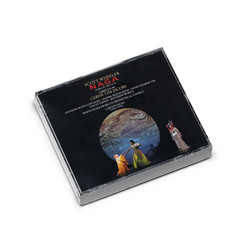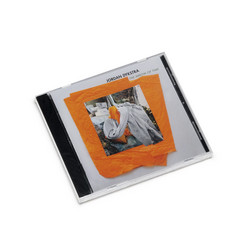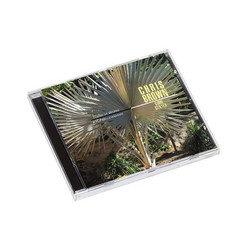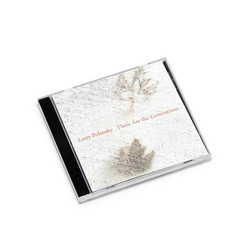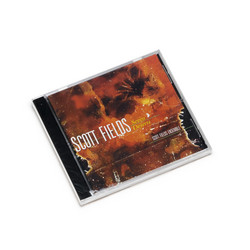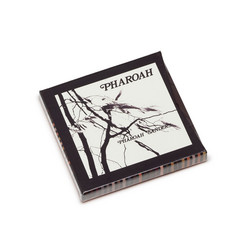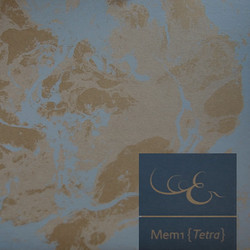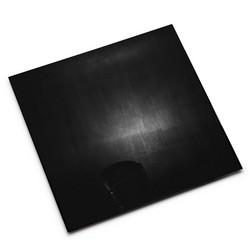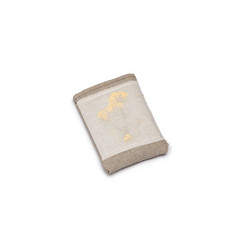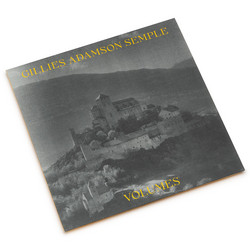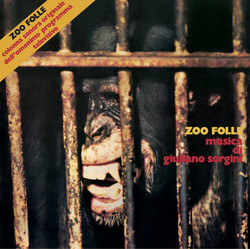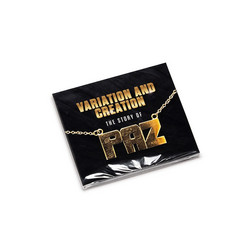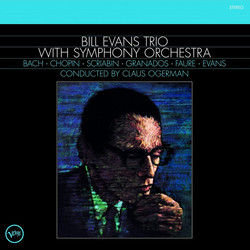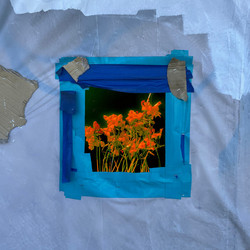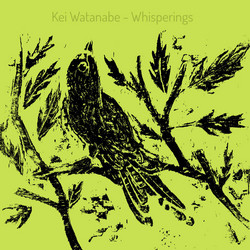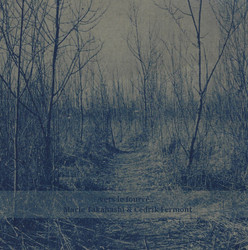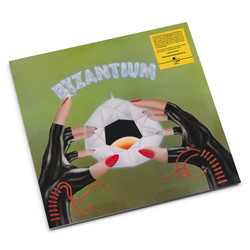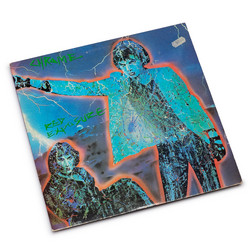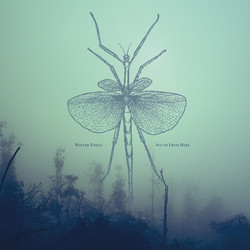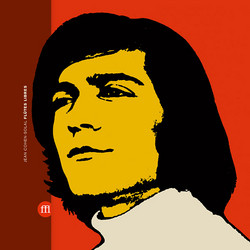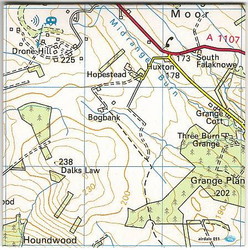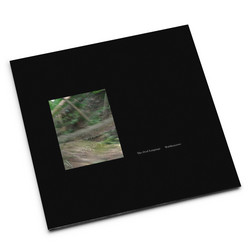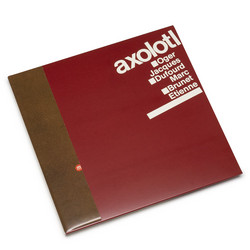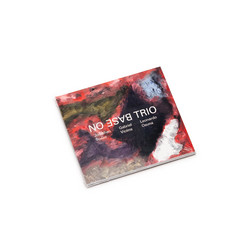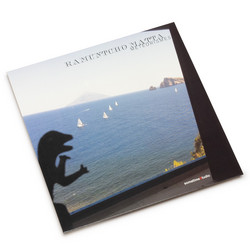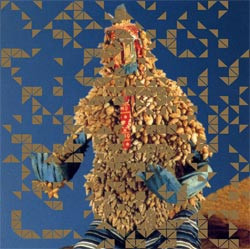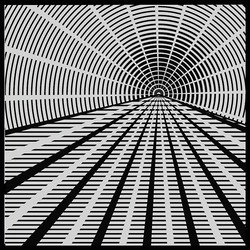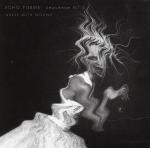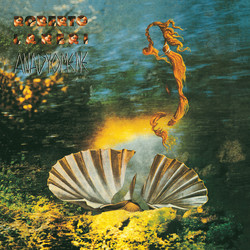Peter Garland (b. 1952) studied with Harold Budd and James Tenney at Cal Arts and had long student-mentor friendships with Lou Harrison, Conlon Nancarrow, Paul Bowles and Dane Rudhyar. Like Harrison, Garland has forged his own musical vocabulary as a kind of new indigenous music, celebrating pan-cultural experience and vision, and unafraid to suggest that music can still give us a glimpse of that which is sacred. Waves Breaking on Rocks (Elegy for All of Us) (2003) is a suite of elegies that was composed for and commissioned by Aki Takahashi, Garland's long-time friend and collaborator. The work's six movements are composed for lost friends or are personal responses to the cycles of life and the recurrence of the seasons. Together, they form a structure for the whole that elegizes both our togetherness and our impermanence. Garland's musical approach to the piano emphasizes resonance, space, and color. The piano is a sculptural whole in this music, in which phrases, melodies, and songs seem to be carved from the keyboard rather than imprinted from without. Roque Dalton (1935-75) was a Salvadoran poet, activist and guerrilla, who was executed in El Salvador's civil war after numerous close calls throughout his short life.
Garland captures the political, historical, and romantic aspects of Dalton in his choice of five of Dalton's poems to comprise the The Roque Dalton Songs (1988). Garland uses an unusual but remarkably effective orchestration in these settings for tenor, building the ensemble from the 'bottom up' with four percussionists, emphasizing dance-like rhythms throughout which inform the basis of melody. Piano and harp next anchor the ensemble in often translating the rhythms into repeated melodic patterns and ostinati, while bass clarinet, trumpet, and two violins round out the color of a sound that is not classical, but exemplifies Garland's pan-cultural 'new indigenous music.' In both of the works on this recording, Peter Garland has paid loving homage to the dedication and creative vision of others, lending faith where futility lurks. His music parts away the noise of the world to speak of commitment, humanity, and love.
Garland captures the political, historical, and romantic aspects of Dalton in his choice of five of Dalton's poems to comprise the The Roque Dalton Songs (1988). Garland uses an unusual but remarkably effective orchestration in these settings for tenor, building the ensemble from the 'bottom up' with four percussionists, emphasizing dance-like rhythms throughout which inform the basis of melody. Piano and harp next anchor the ensemble in often translating the rhythms into repeated melodic patterns and ostinati, while bass clarinet, trumpet, and two violins round out the color of a sound that is not classical, but exemplifies Garland's pan-cultural 'new indigenous music.' In both of the works on this recording, Peter Garland has paid loving homage to the dedication and creative vision of others, lending faith where futility lurks. His music parts away the noise of the world to speak of commitment, humanity, and love.
Details
Cat. number: 80716-2
Year: 2012

